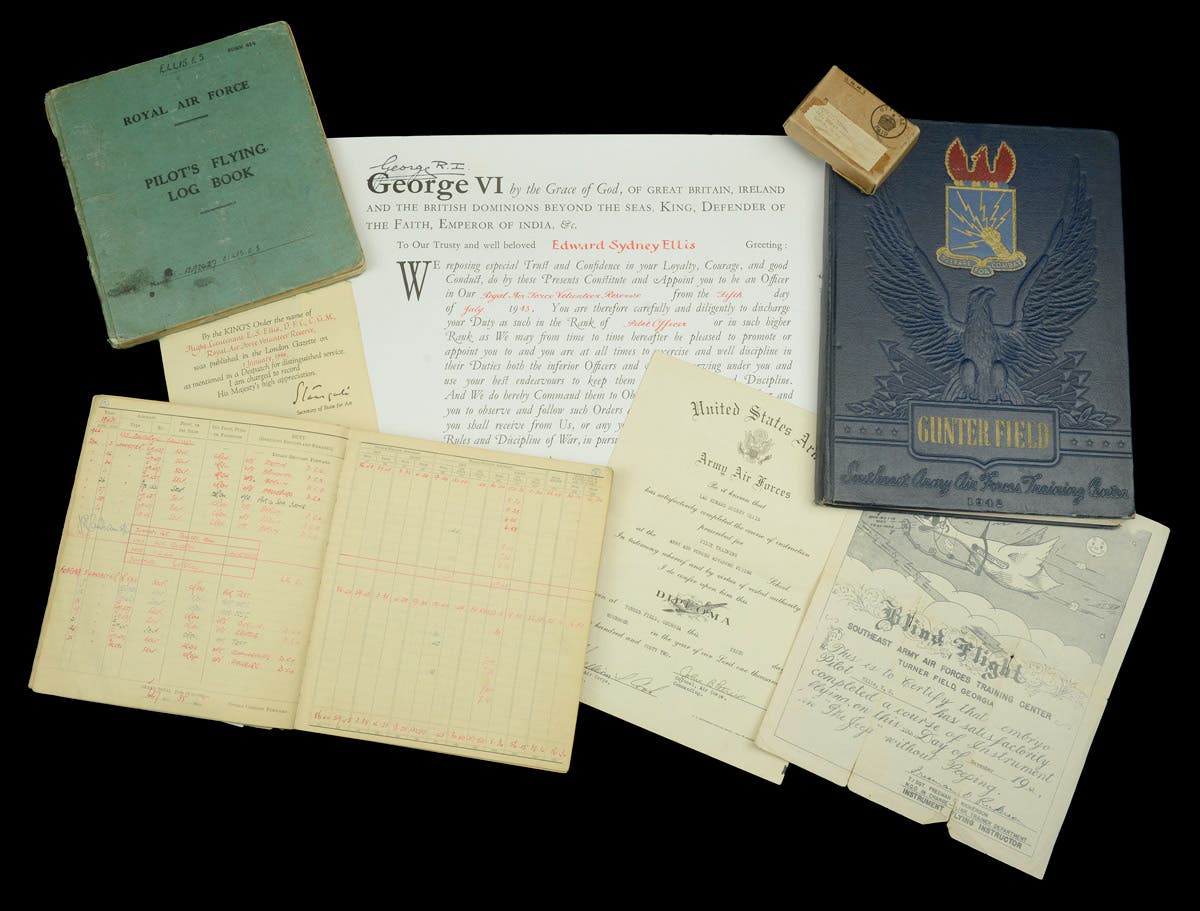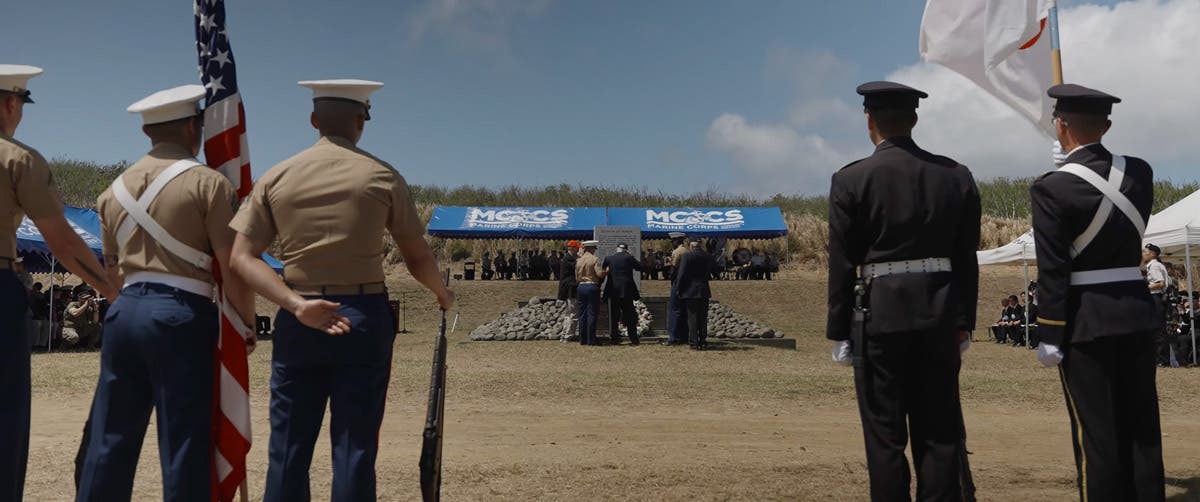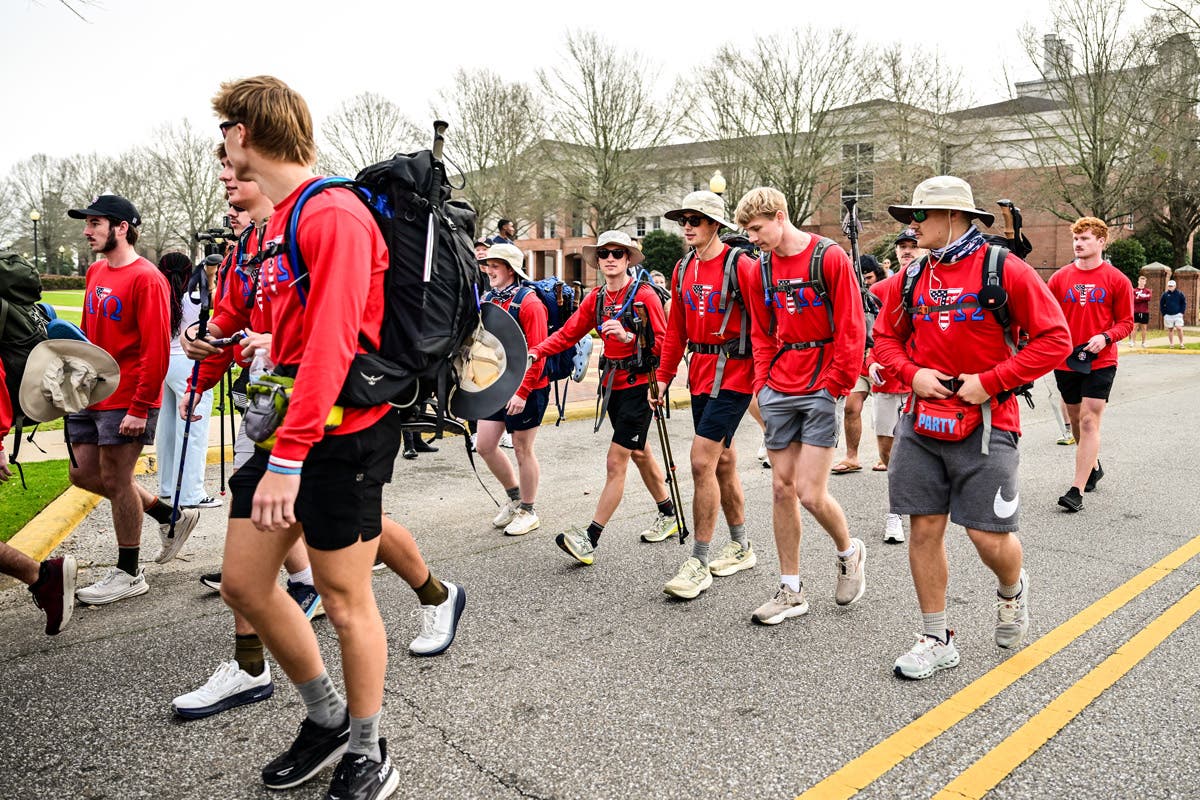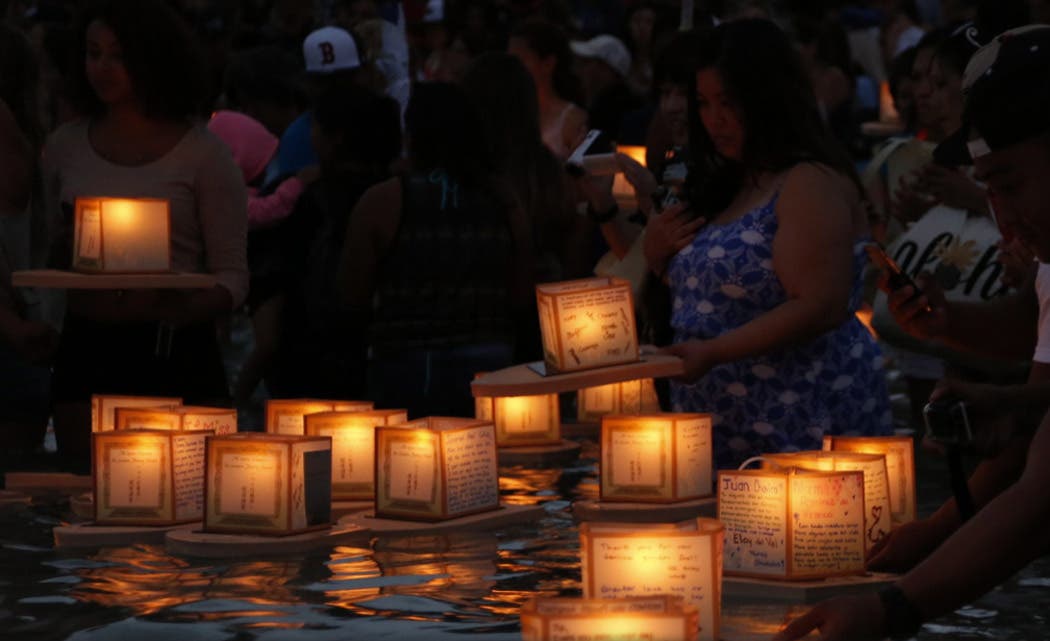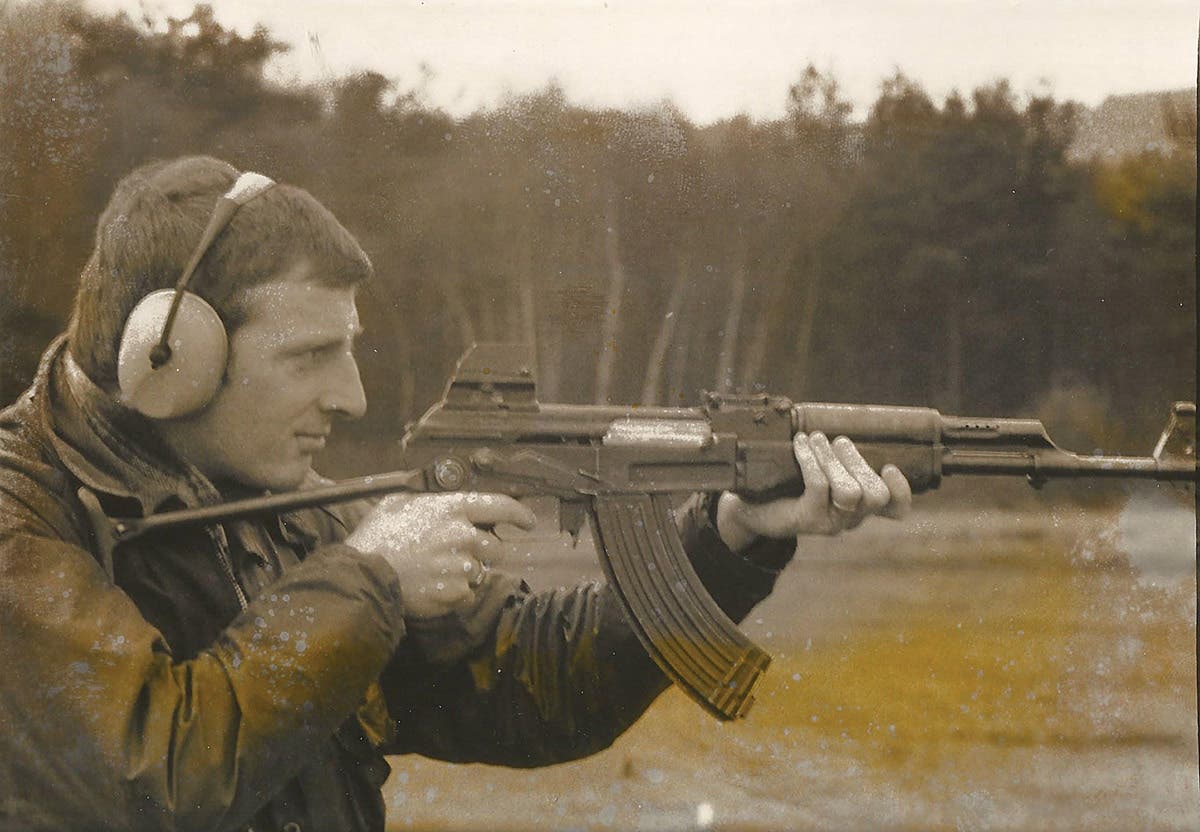The weaknesses and strengths of oral history
Greetings, A letter from a Gulf War veteran recently reminded me of the strength and weakness of oral history. He wrote to share some personal memories after reading an article…
Greetings,
A letter from a Gulf War veteran recently reminded me of the strength and weakness of oral history. He wrote to share some personal memories after reading an article in Military Vehicles Magazine on vehicle paint schemes during the United States first war in the Gulf. “U.S. Army Painting Operations During the Gulf War” by Chris Causley, no. 140, June 2010, inspired the veteran to write and share his memories of how his vehicle was marked during the operation.
The vet’s description of his unit's vehicle markings were detailed and concise—written just the way a modeler or restorer would hope to find an account. Remembering that the first Gulf War coincided with the explosion of personal and digital photography, I asked him if he had any photos to go along with his letter. His reply was that he remembered some snapshots but would have to dig them out.
A few days later, I received another note that began with an apologetic tone. I assumed that he was unable to locate the images but that was not the case. He had found the images but the markings on his vehicle were exactly opposite of what he had remembered. “No big deal,” I explained, “I could just edit his first letter to present the correct information.” I was delighted to have images and a first-hand account of this period of painting improvisation in a combat zone.
ORAL HISTORY-STRENGTHS AND WEAKNESSES
I really didn’t give the letter exchange with the Gulf War veteran too much more thought until my partner and I took our recent summer vacation to the battlefields of Wilson’s Creek, Missouri, and Pea Ridge, Arkansas. I am so fortunate to have a companion who thoughtfully plans a vacation that includes a Civil War battlefield. In addition to mapping a route that will take us through history-filled countryside, she ferrets out first-hand accounts of the battle to read to each other while we drive or are on the actual sites of the battles.
Fought in August 1861, Wilson’s Creek (“Oak Hill” to some), was the first major battle fought west of the Mississippi River during the Civil War. I am always drawn to early war conflicts, whether Bull Run or Wilson’s Creek in the Civil War, the first 14 days of the invasion of Belgium in WWI, or the opening ground offensive in the Gulf War. These early actions reveal so much about the preparedness of armies, the equipment they had at hand, and the absolute passion and commitment of the soldiers.
The collection of first-hand accounts that Diane gathered about the Battle of Wilson’s Creek included both letters written immediately after the battle and memoirs written years later. Reading these aloud to each other—sometimes on the very spots of the field that the writers were describing—it struck me how memories can be like a small campfire: Burning bright as all the tinder and small branches ignite, settling down to embers over time that are revived by fanning and feeding with more fuel. The participants memories seemed to follow that ‘campfire’ pattern: Vivid and alive immediately after the battle; nostalgic and full of “unfurled banners”, “glorious assaults” and “heroic actions” after many years; and finally, reflective and revealing as the participants neared their final years on earth.
The veterans rarely intended to distort the reality of the battle, but many influences can affect memories: Passion, commitment, fear, interaction with others, and not least of all, the simple passage of time. Whereas each individual soldier’s recollection provided solid, valuable nuggets of information, it was only by comparing them with other recollections did I feel we were getting an accurate picture of the battle. Sometimes one soldier’s memory contradicted another’s, but in most instances, the memories complemented each other, each providing a unique details that, when taken as a whole, provided a fairly compelling explanation of what happened on those few hot summer days in 1861.
COLLECTING ORAL HISTORIES
I have always enjoyed visiting with veterans. When I was in fifth grade, I conducted my first serious oral history interview. I had already been visiting my hometown’s self-ordained historian, Perk Steffen, for a couple of years when I received a class assignment to interview an adult about something in history and compile a report.
Even though Perk was a WWI veteran, our visits revolved around discussing the Civil War. He had always been a Civil War buff ever since his boyhood when he used to visit Captain W.H. Harris, a lawyer who had been an officer in Company B, 2nd Wisconsin Volunteer Infantry of the famed Iron Brigade. Our visits usually began with Perk telling one of his own stories about an experience on the Mexican border or in France, while I patiently waited for the discussion to turn to the Civil War.
Perhaps it was the assignment to collect an oral history that helped me realize the opportunity that was before me. I had been missing the chance to hear first-hand stories about the Punitive Expedition and WWI because they had little to do with the subject about which I was passionate: the Civil War. My own selfishness was holding me back from expanding my experience. The assignment forced me to break that pattern.
I asked Perk if I could “interview” him about his time on the Mexican Border. He agreed. The following week, I carried my tape recorder to his house for our Saturday afternoon visit.
Then in his late 70s, Perk struck me as the perfect image a historian. The same color as his perfectly white hair, he had bushy eyebrows that bounced as he talked. He smoked a pipe while sitting in a padded wing chair in the corner of the living room lined with floor-to ceiling bookshelves.
Usually when I arrived at Perk’s house, we both sat quiet as he finished listening to an old 78rpm record—he was transferring all his old favorites to cassette. He would sit there drawing on his pipe as the last few bars of music played. On the Saturday when I was to “interview” him, he turned off the record player and said, “So today we are going to talk about Pancho Villa.”
I fumbled to turn on my tape recorder. It didn’t take too many questions to nudge Perk into unleashing his memories of marching in sand, the tarantulas, heat and what he described as “an excuse to build a highway through Mexico to meet the Kaiser on the beach”. After an hour, both sides of my cassette tape were full. We ended our visit as we always did, with a piece of his wife’s cake and a cup of coffee. That evening, I began the tedious part of oral history: the transcription. Slowly, I listened, turned off the cassette player and typed what I heard. It took all night and most of Sunday to complete the task.
With the transcription done, I still had the task of writing the report in front of me. Suddenly, oral history gathering did not seem as much fun as I had imagined. But, I wrote the report, submitted and received my grade. I was proud to take the “A+” paper to Perk’s house on my next Saturday afternoon visit. Looking back at the paper today, I can see, even at that young age, between hearing the stories, transcribing the stories and then compiling them into a narrative, I had to make transitions, assumptions and even fabrications to make the final report readable.
I didn’t realize it then, but I can use this early effort as an example of the pitfalls “oral history” present. However, when I read Perk’s recollections in conjunction with other veterans’ stories of the Punitive Expedition into Mexico, I can see how his stories are just pieces of the whole picture and the more pieces I find, the more clear that picture becomes.
HISTORIAN UNDER FIRE
This past week, I read about the late Stephen Ambrose’s work coming under scrutiny. Tim Rives, deputy director of the Eisenhower Presidential Library said that he has evidence showing Ambrose never had the meaningful, face-to-face interviews that he claimed were the basis of his biography of President Dwight Eisenhower. In fact, Rives maintained the oral history Ambrose claimed to gather, was indeed, the author’s mythical fabrications.
Whereas I found this disappointing, I really wasn’t surprised. I remember the same claims were made when his book, "Band of Brothers", received similar criticism. Ambrose was not a trained historian, but he was a fabulous story teller.
Ambrose was an accomplished gatherer of oral history. When he worked on "Band of Brothers", he recorded the memories of soldiers who were instrumental in the liberation of Europe. Whereas his methods—or even his final product—might warrant scrutiny, they are valuable pieces of the historic picture. Accusations such as Tim Rives’ should not diminish the significant contribution Ambrose made in preserving memories and weaving them into stories that mass audiences could enjoy.
History never amounts to more than one person’s interpretation of events. Each contribution should be evaluated and included in a mosaic. No single author, historian or collector can paint the complete picture, but each has the opportunity to add valuable pieces. The important thing to remember is that every historical relic, story, anecdote and memory are just individual bricks. When combined with other similar bricks, they form a solid foundation. These foundations are meaningless, however, if someone doesn’t evaluate them and build a story that conveys a sense of the historical experience for others.
Preserve the memories; Share the stories,
John Adams-Graf
Editor, Military Trader and Military Vehicles Magazine
John Adams-Graf ("JAG" to most) is the editor of Military Trader and Military Vehicles Magazine. He has been a military collector for his entire life. The son of a WWII veteran, his writings carry many lessons from the Greatest Generation. JAG has authored several books, including multiple editions of Warman's WWII Collectibles, Civil War Collectibles, and the Standard Catalog of Civil War Firearms. He is a passionate shooter, wood-splitter, kayaker, and WWI AEF Tank Corps collector.



